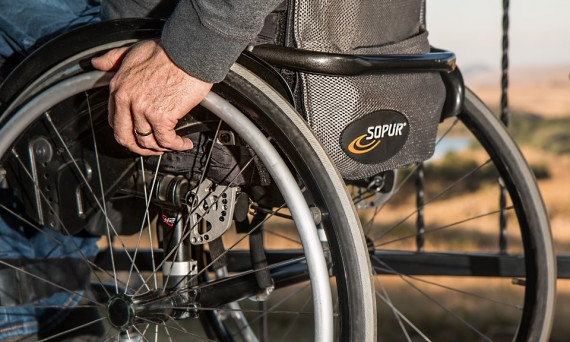Sergei is a man in his 30s who lives at home with his parents in a family apartment. Sergei has Cerebral Palsy, and works remotely as a graphic designer and occasional video editor. As a child, Sergei was one of the first people in his city to attend a new kindergarten for people with disabilities; that was followed by school, and college. In the immediate years of the post-Soviet transition, the adults around him worked to create new programs for children with disabilities in the context of a rapidly changing social world. In his words, these efforts were “experimental”: the outcome was necessarily unknown to the organizers. Sergei and his cohort of children and young adults with disabilities growing up during those years experienced both benefits and the emotional toll of these “experiments” in social integration of people with disabilities. Now, as an adult, Sergei is faced with the uneasy task of imagining his own future, a prospect that is bound up in his own social prospects as a person with a disability, and with teleological ideas about Russia’s future. What kind of happy endings seem possible for Sergei? Based on ethnographic fieldwork conducted with adults with disabilities in Petrozavodsk 2012-2014, this presentation draws on medical anthropology and disability studies to think critically about disability, futurity, and postsocialism.
Cassandra Hartblay, PhD, is an Assistant Professor of Anthropology and Health Studies at the University of Toronto.
